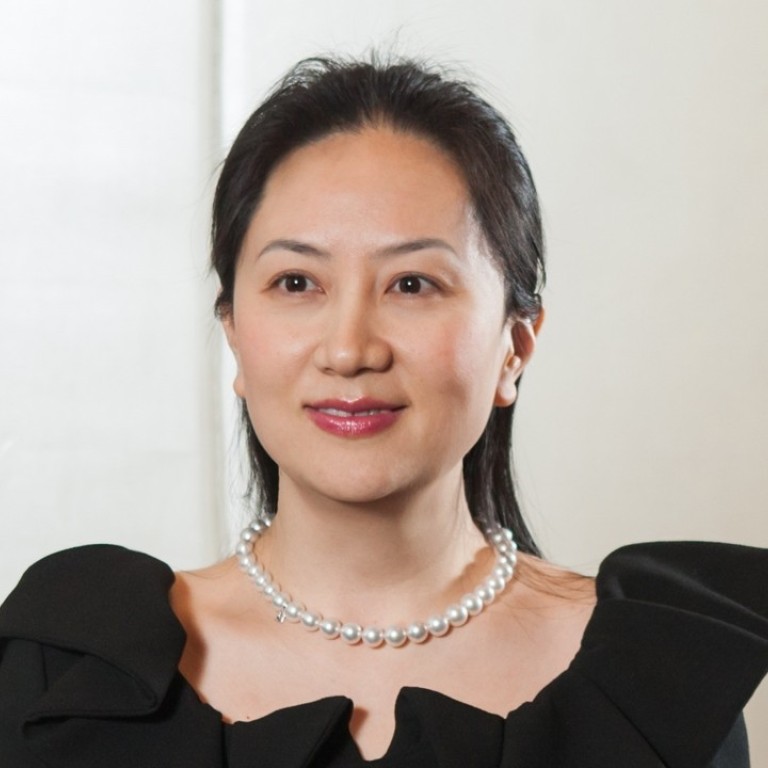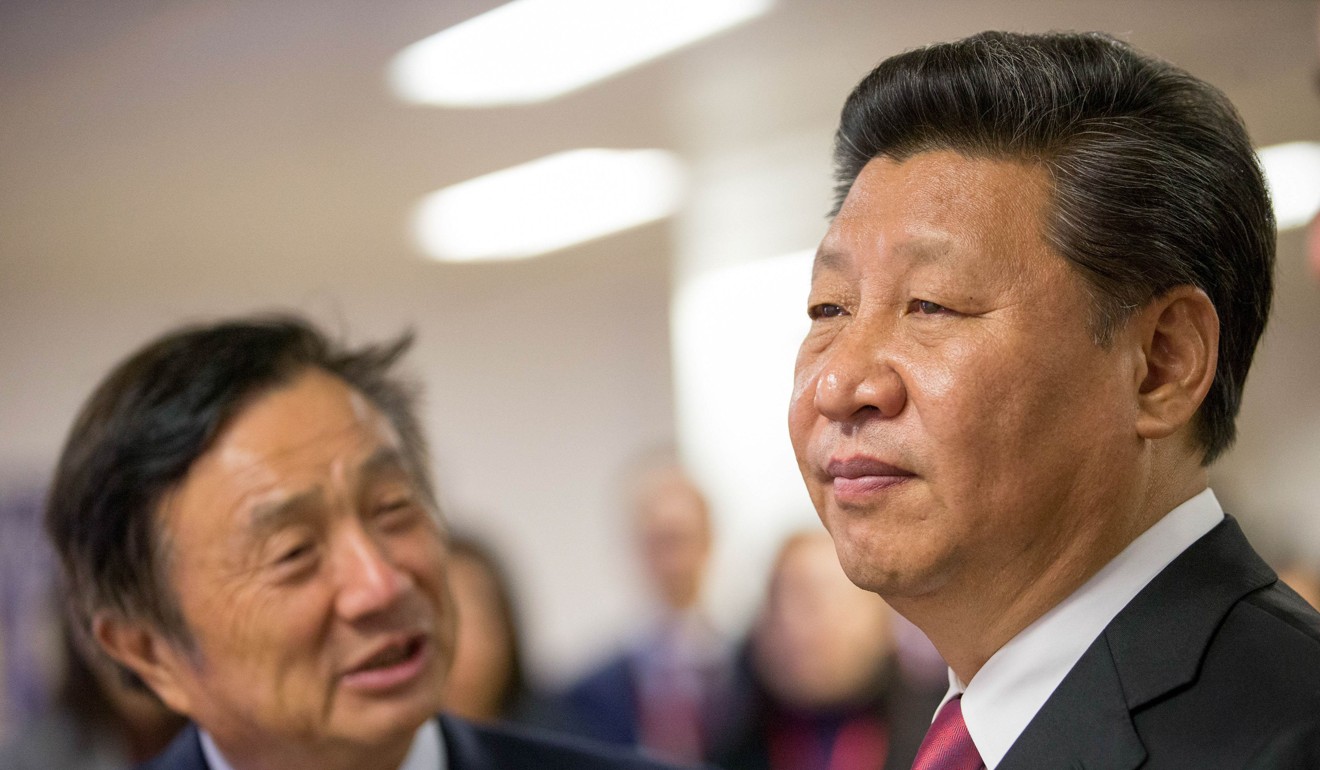
Explainer | Huawei’s CFO Sabrina Meng Wanzhou has been arrested in Canada, but who is she – and why the big deal?
- Meng is the daughter of Huawei founder Ren Zhengfei – one of China’s leading businessmen, an ex-PLA officer and an elected member of the 12th NCCP
Chinese telecom equipment giant Huawei’s Chief Financial Officer Sabrina Meng Wanzhou has been detained by Canadian authorities at the request of the US government, a move that sparked a protest from the Chinese government.
But who is Sabrina Meng Wanzhou and why is this such a big deal?
Why Huawei and its CFO are caught in the middle of the US-China trade war
Huawei, the world’s biggest maker of telecoms network equipment, has said that the concerns were unwarranted.
Perhaps more importantly than this though, Meng is also the daughter of Huawei founder Ren Zhengfei – one of China’s leading businessmen, an ex-People’s Liberation Army officer and an elected member of the 12th National Congress of the Communist Party of China.
In other words, Meng is part of China's elite.
Her father Ren moves in the highest government circles in China and founded Huawei after he retired from the Chinese armed forces in 1983, when the government disbanded its engineering corps. Born into a rural family in a remote mountainous town in the southwestern province of Guizhou, Ren rose to the equivalent rank of a deputy regimental chief in the PLA, according to his official Huawei biography.

Meng’s arrest comes at a critical juncture in US-Chinese relations after US president Trump and Chinese president Xi Jinping last weekend agreed to a temporary truce in their trade war to allow 90 days of negotiation.
Meng’s background and lineage had prompted widespread speculation that she was being groomed to take over the reins of the company eventually, despite assertions by 74-year old Ren that none of his family members would succeed him in the top job.
Earlier this year, Huawei promoted Meng, who adopted her mother’s surname after her parents divorced, to vice-chairwoman as part of a broader reshuffle. Meng is one of four executives who hold the vice-chair role, while retaining her CFO position.
Born in 1972, Meng has a master’s degree from Huazhong University of Science and Technology.
In an interview with China’s 21st Century Business Herald in 2013, Meng said she began her first job at China Construction Bank after graduating in 1992. “I joined Huawei one year later because a branch closed its operations due to the business integration [of CCB],” said Meng.
Meng has served in various roles at the company, mostly in finance, treasury management and accounting, until her latest role as the Hong Kong-based CFO of Huawei. Meng has said she served as a telephone operator in her early days.
“I served as a secretary, and helped on sales and exhibitions etc when the company was small. My early jobs in Huawei were very trivial,” she said in the 21st Century interview. “In 1997, I came back to Huazhong University of Science and Technology and got a master’s degree in accounting … and later served in Huawei’s finance department, which was the real start of my career.”
In 2003, Meng established Huawei's globally unified finance organisation, with standardised structures, financial processes, financial systems, and IT platforms.
Since 2005, Meng has led the founding of five shared service centers around the world, and she was also the driver behind completion of a global payment center in Shenzhen, China. These centers have boosted Huawei's accounting efficiency and monitoring quality, providing accounting services to sustain the company's rapid overseas expansion.
Since 2007, Meng has been in charge of the integrated financial services (IFS) transformation program, an eight-year partnership between Huawei and IBM. This has helped Huawei develop its data systems and rules for resource allocation, and improve operating efficiency and internal controls.
In recent years, Meng has focused on advancing detailed financial management at Huawei, working to align these efforts with the company's long-term development plans.
Meng did not conduct public interviews before 2013 and has seldom mentioned her personal life until recently, when she used her son to illustrate the importance of persistence.
“My son did not want to go swimming one day and he almost knelt on the ground and begged my husband so that he would not have to go. But he was rejected,” Meng said in a speech at Chongqing international school in 2016. “Now my son is proud to represent his school in swimming competitions.”
Meng recently made a speech at a Singapore academic conference in 2018, in which she talked of Huawei’s future role in technology development.
“Without universities, the world would be left in darkness. Without industry, science would be left in the ivory tower,” said Meng. “The fourth industrial revolution is on the horizon and artificial intelligence is one of its core enabling technologies. Huawei is lucky to be part of it.”
Follow @SCMPTech on Twitter for the latest China and Asia tech news

